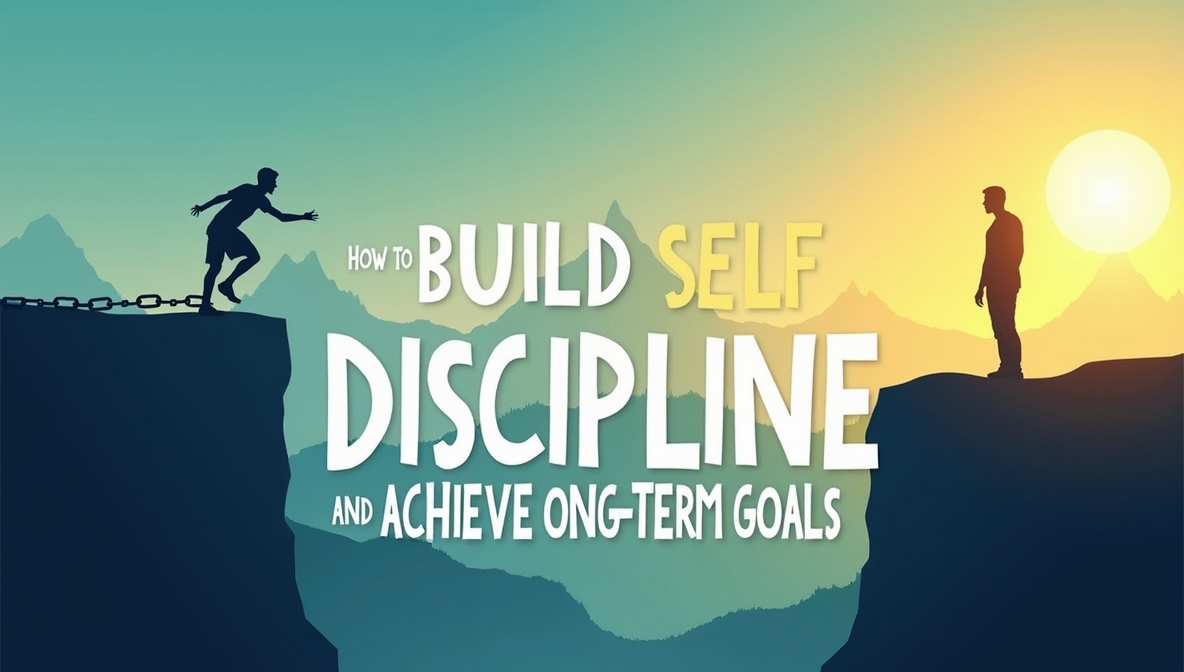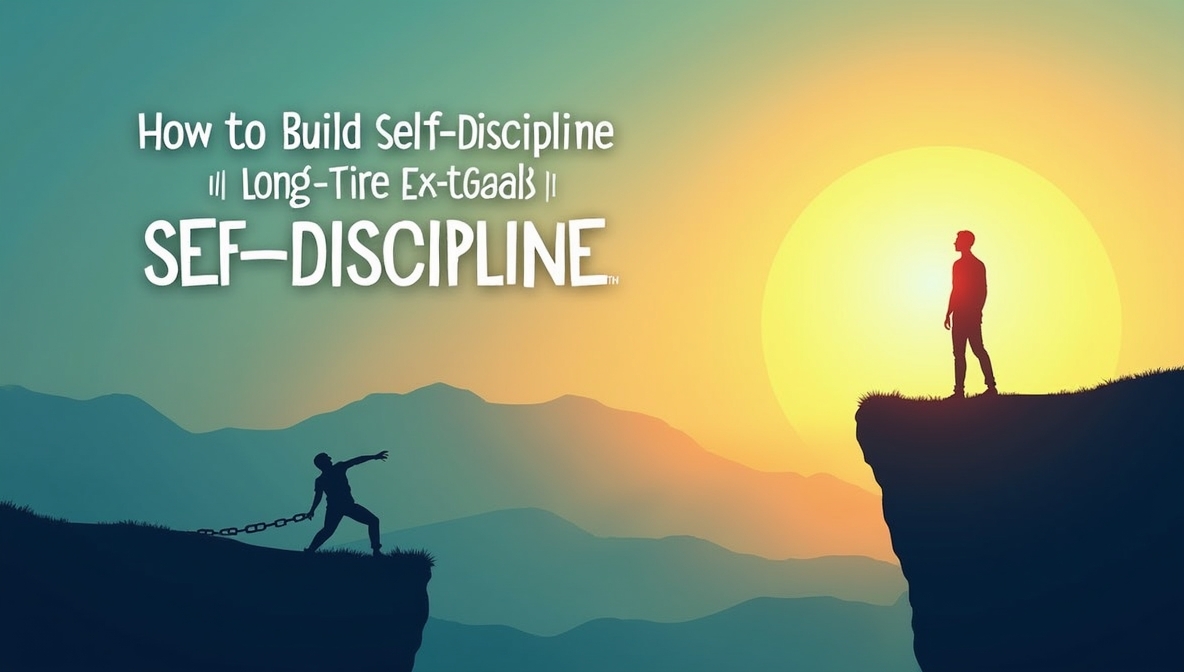Success in any area of life—whether it’s health, business, learning, or relationships—depends largely on one essential quality: self-discipline. It’s the ability to do what needs to be done, even when you don’t feel like doing it. While motivation comes and goes, discipline is what keeps you consistent over time. Without it, even the best plans and intentions can fall apart.
Self-discipline means having control over your thoughts, actions, and habits. It’s the power to say no to temptations and yes to long-term benefits. For example, choosing to study instead of watching TV, saving money instead of spending impulsively, or waking up early to work out. These small daily choices lead to big results over time.
Building self-discipline begins with setting clear, specific goals. Vague goals like “get healthier” or “be more productive” are hard to measure and easier to ignore. Instead, define exactly what you want to achieve. For instance, say “exercise 30 minutes a day for 5 days a week” or “write 300 words every morning before work.” Clear goals give you a target to focus on and track your progress.
Next, create a simple, repeatable routine. Discipline thrives on structure. The fewer decisions you have to make daily, the easier it is to stay on track. Decide ahead of time when and where you’ll do important tasks. Morning routines, evening rituals, and scheduled work blocks reduce the mental energy spent deciding what to do next. Over time, habits become automatic.
One helpful trick is to start small. You don’t need to make huge changes overnight. In fact, trying to overhaul your entire lifestyle at once usually leads to burnout. Start with one or two manageable habits and build momentum. Once those habits become part of your routine, you can add more. Small wins build confidence and discipline naturally.
Avoiding distractions is also important. Your environment plays a huge role in your success. If your phone keeps buzzing or your workspace is cluttered, your willpower is constantly under attack. Turn off unnecessary notifications, keep your space organized, and set boundaries with people who interrupt your focus. Make it easy to do the right thing and harder to give in to distractions.
Accountability is another powerful tool. When you know someone is watching your progress, you’re more likely to follow through. Share your goals with a friend, join a support group, or use habit-tracking apps. Even writing down your daily progress in a journal can reinforce your commitment. The key is to have some form of regular check-in to stay honest with yourself.
Another tip is to learn how to delay gratification. This means choosing long-term rewards over short-term pleasures. For example, skipping dessert today so you can meet your fitness goal later. Or resisting the urge to scroll on your phone so you can finish a project sooner. Training your mind to focus on the bigger picture helps you stay disciplined when temptations arise.
Finally, don’t be too hard on yourself when you slip. Everyone has off days. The goal is not perfection, but progress. When you fall off track, forgive yourself and start again the next day. Self-discipline is a skill, and like any skill, it improves with consistent effort.
Building self-discipline may be challenging at first, but the benefits are worth it. You gain control over your time, reduce stress, and make steady progress toward your biggest goals. With a bit of patience and practice, discipline becomes your superpower.

